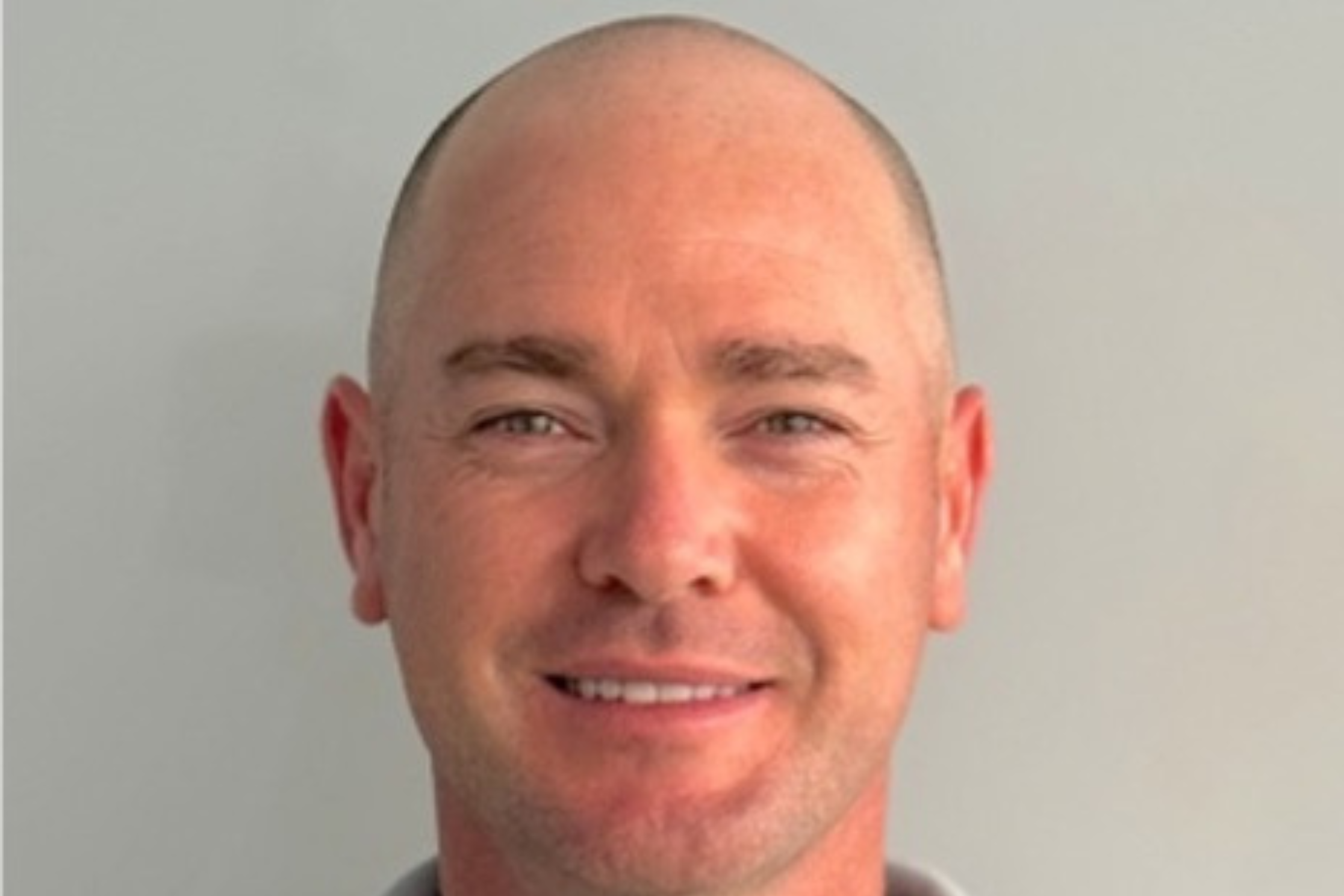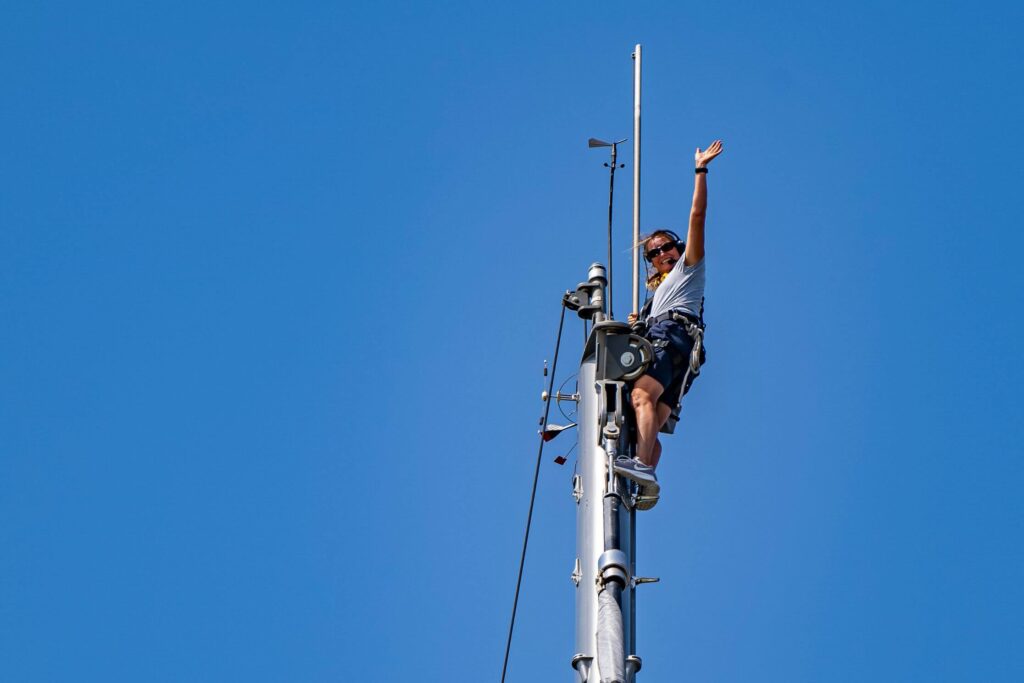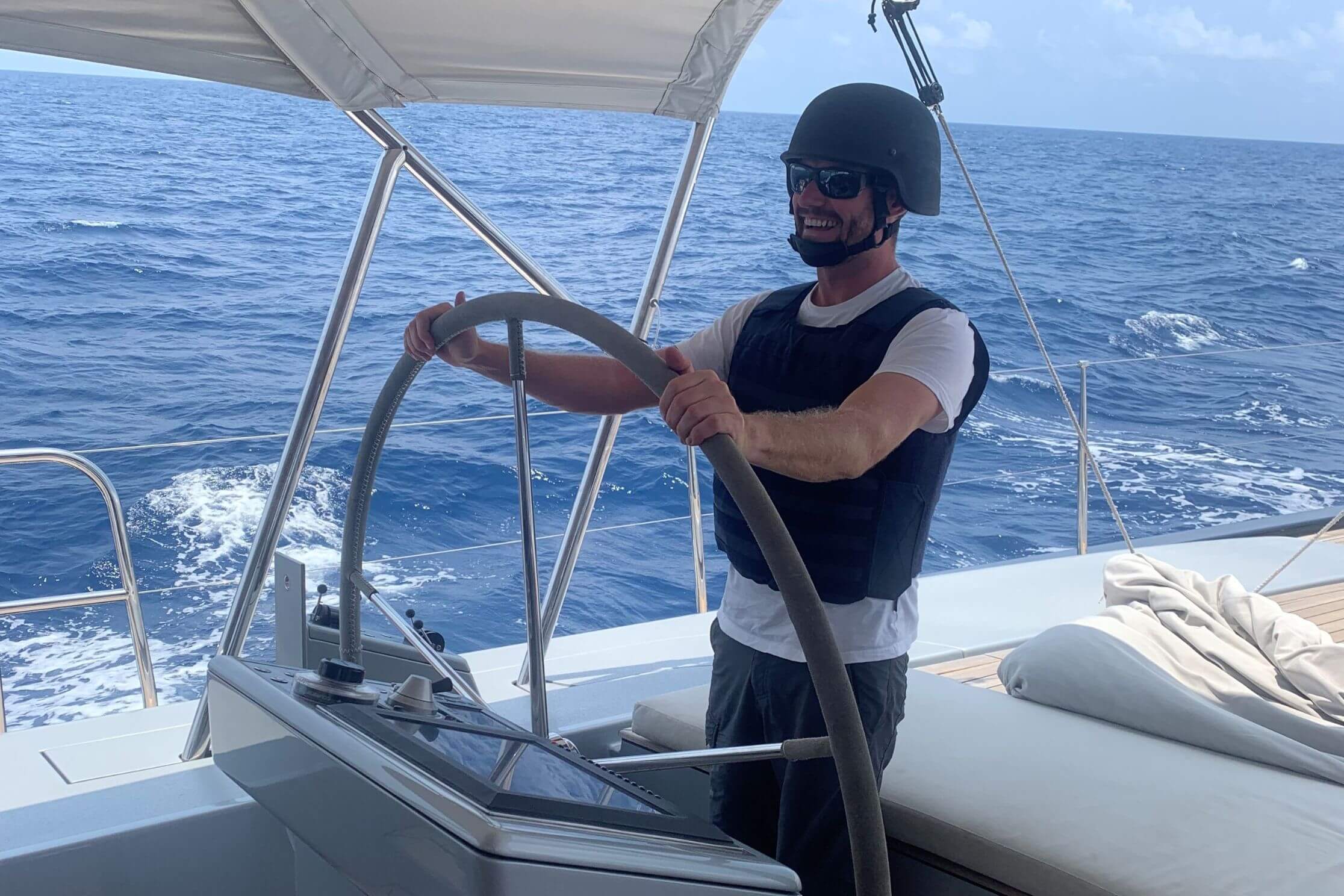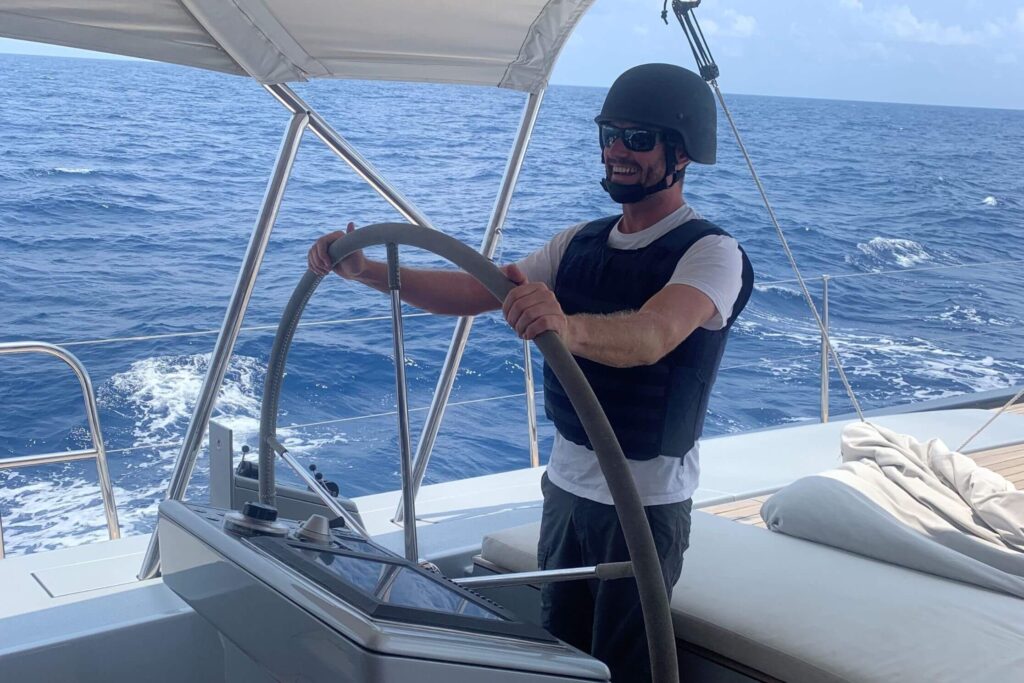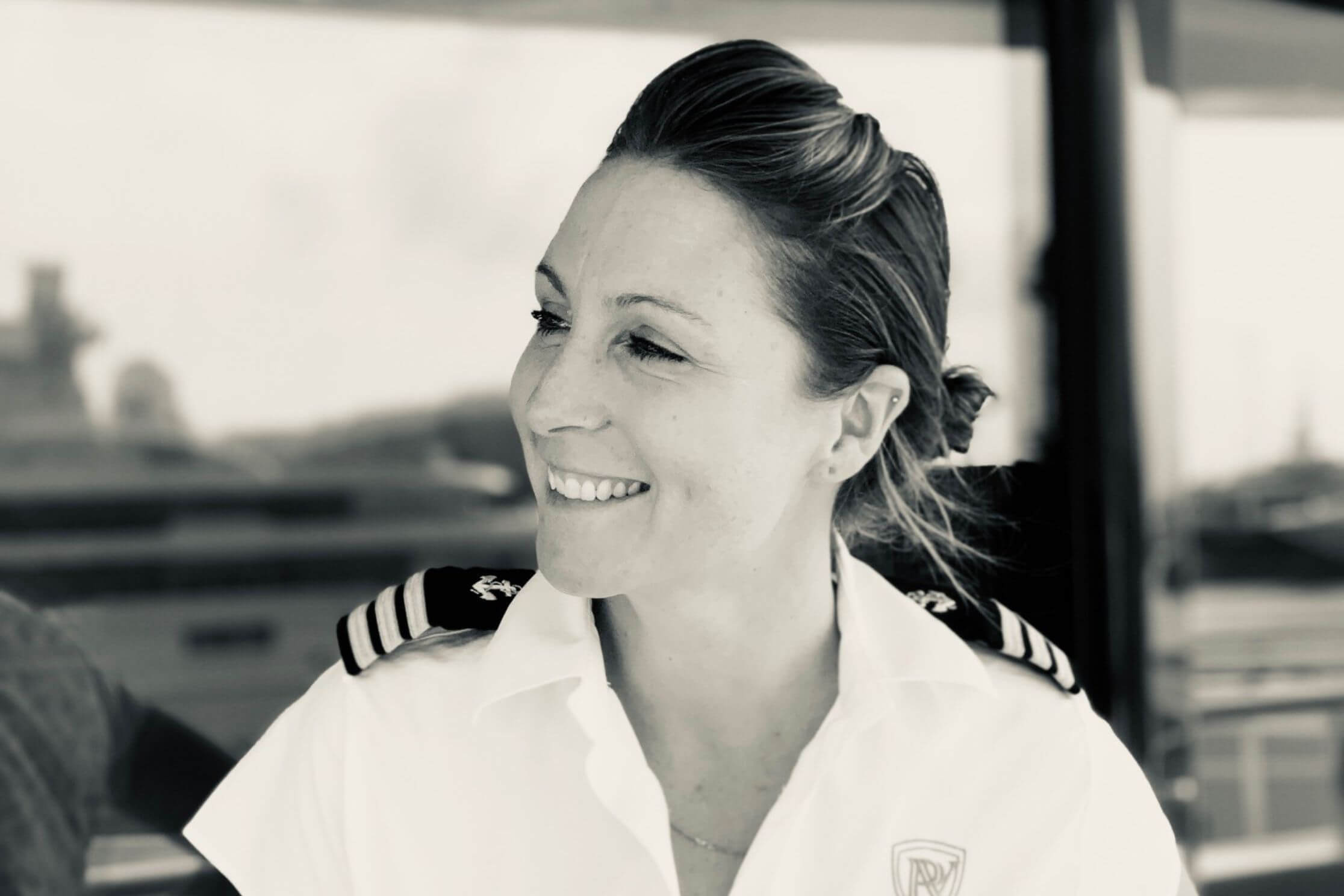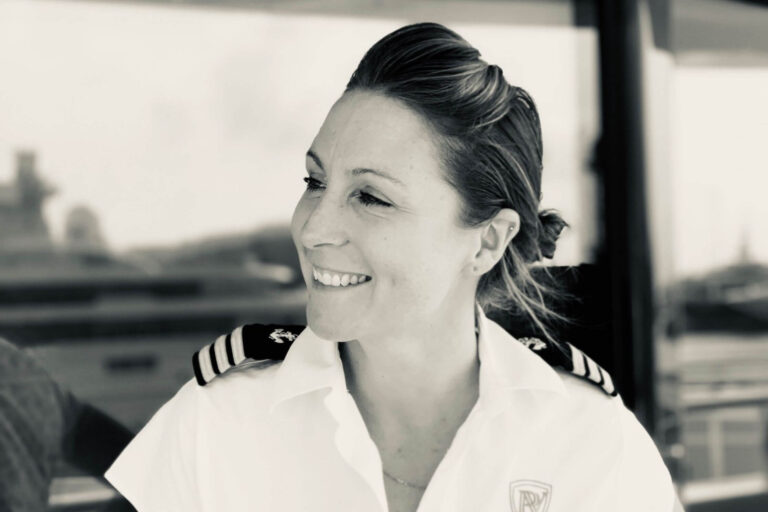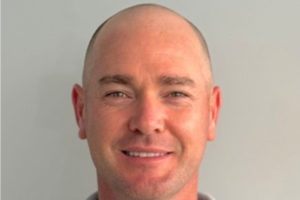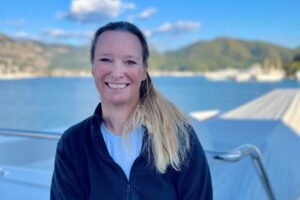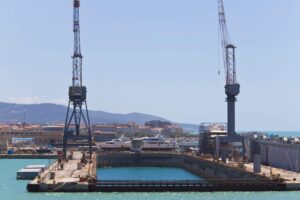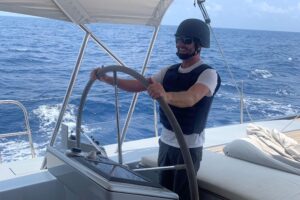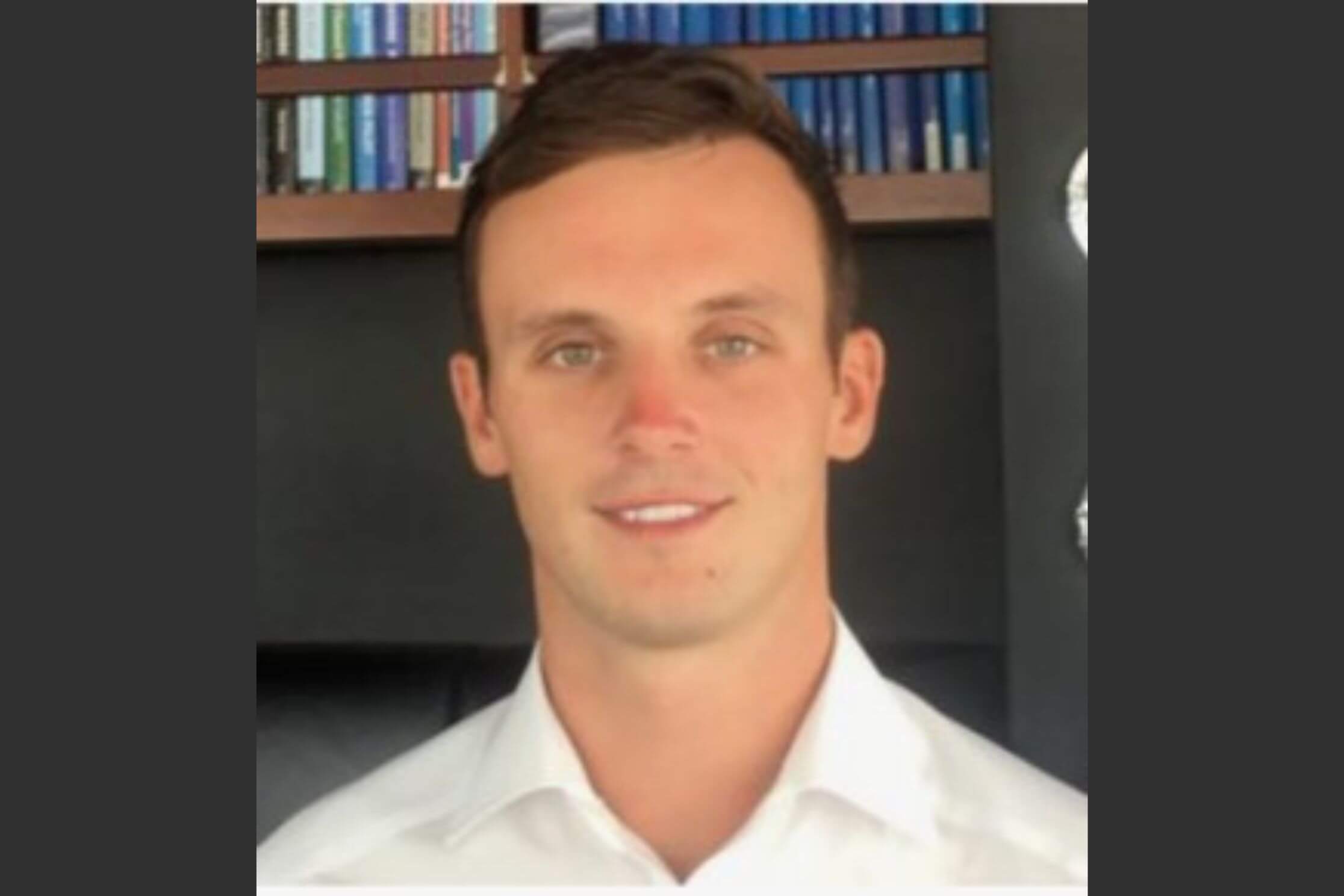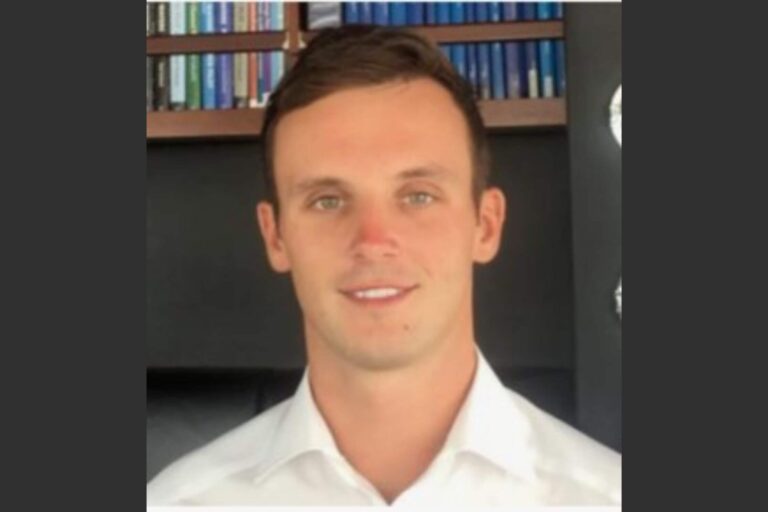Captain Laurie Horo
Meet Captain Lauri Horo, a true expert in the yachting world with a knack for keeping things running smoothly, no matter what comes his way. With years of experience, he’s seen the industry evolve and has plenty of stories and insights to share about balancing the high expectations of yacht owners, adapting to new technology, and working closely with his crew and management teams. In this chat, Captain Horo opens up about the challenges, his favorite places to explore, future goals, and even a surprising skill he’s picked up along the way.
What is a new challenge you have found stepping into being a senior crew member in this day and age?
One of the biggest challenges I’ve encountered is managing expectations from Owners. The industry has evolved so much, with owners becoming more hands-on and having higher expectations for the quality of service and luxury onboard. Balancing these expectations with the realities of yacht operations, maintenance schedules, and crew capabilities can be tricky, especially with the increasing pressure for perfection. Ensuring clear communication and setting realistic time frames is essential in managing those expectations effectively.
How do you see technology fitting in with yachting as it becomes more prevalent in the industry?
Technology is slowly helping change the nature of yachting, and I see it continuing to transform the industry year after year. we’re constantly seeing new innovations and products to help make the everyday tasks more seamless and effective. It would be great to see the industry catch up to technology in some areas however in time I believe it will do.
What are your best practices when working with management to reach the owner’s goals?
Collaboration and communication are key. My approach is always been to understanding the owner’s vision, expectations, and preferences in great detail and then aligning those with the operational capabilities of the yacht. It’s important to ensure that all resources—whether it’s the crew, equipment, or even the yacht itself—are being utilised effectively to achieve the desired outcomes. Clear, open, and consistent communication with the owner and management company ensures everyone is on the same page.
What has been your favourite destination to travel to with the vessel?
My favourite destination would have to be Croatia. The country’s stunning coastline, with its endless islands, offers some of the most beautiful and private anchorages I’ve experienced. Plus, there’s a level of privacy and peace you don’t often get in more tourist-heavy destinations, which is a huge draw for the owners and guests alike.
What has been the most surprising skill you’ve learned in the industry?
The most surprising skill I’ve had to develop is being highly adaptable and solution-oriented. In this industry, things can change in an instant—whether it’s a change in the owner’s itinerary, a last-minute maintenance issue, or unexpected weather. The ability to remain calm, assess the situation, and find quick, effective solutions has been crucial. Every day is different, and staying flexible, while always keeping the bigger picture in mind, has been a valuable skill that I’ve learned through experience.
What is in store for you next?
One of my long-term goals has always been to be involved in a new build project. The opportunity to build a vessel from the ground up is something I look forward to in the future.
What would you have been doing if you weren’t yachting?
That is a tough question as I have no idea. I would like to think I would be a professional golfer however that is very unlikely. Ideally I would like to think I would be apart of the industry in some way, whether I was a yacht broker in charter or sales or something in the management side.
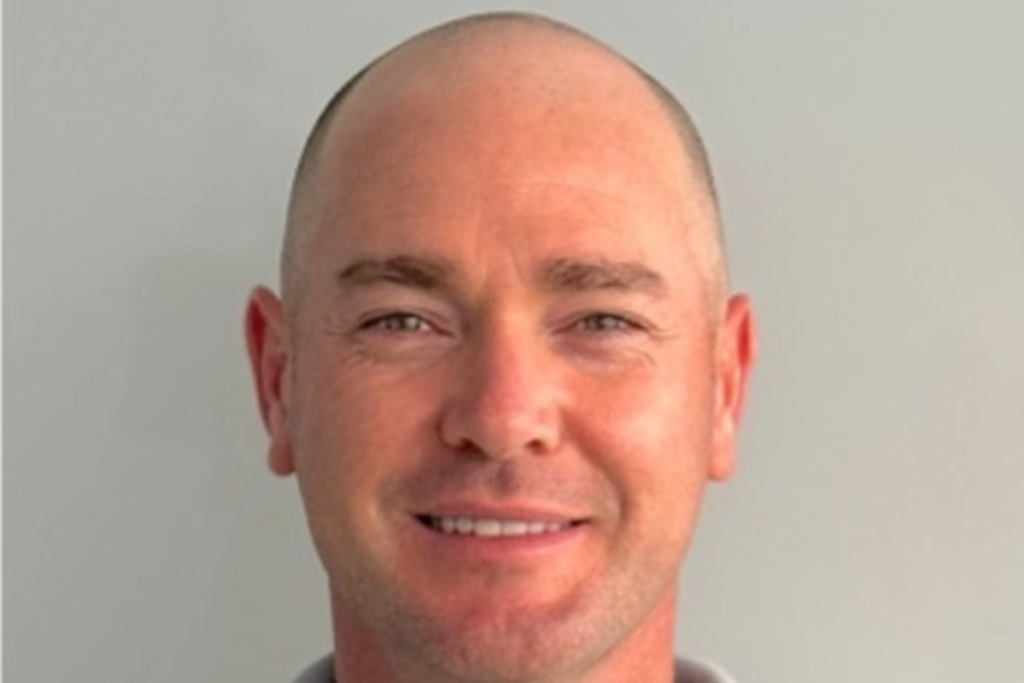
Captain Lauri Horo’s journey in the yachting industry is a testament to adaptability, dedication, and a passion for excellence. From navigating the ever-changing demands of owners to embracing new technologies and dreaming of future ventures like building a yacht from the ground up, he continues to push boundaries while staying grounded in what matters most—delivering unforgettable experiences. Whether he’s exploring the serene coastlines of Croatia or tackling unexpected challenges with calm precision, Captain Horo’s love for the industry shines through. His insights and vision offer inspiration for anyone looking to make waves in the world of yachting.

